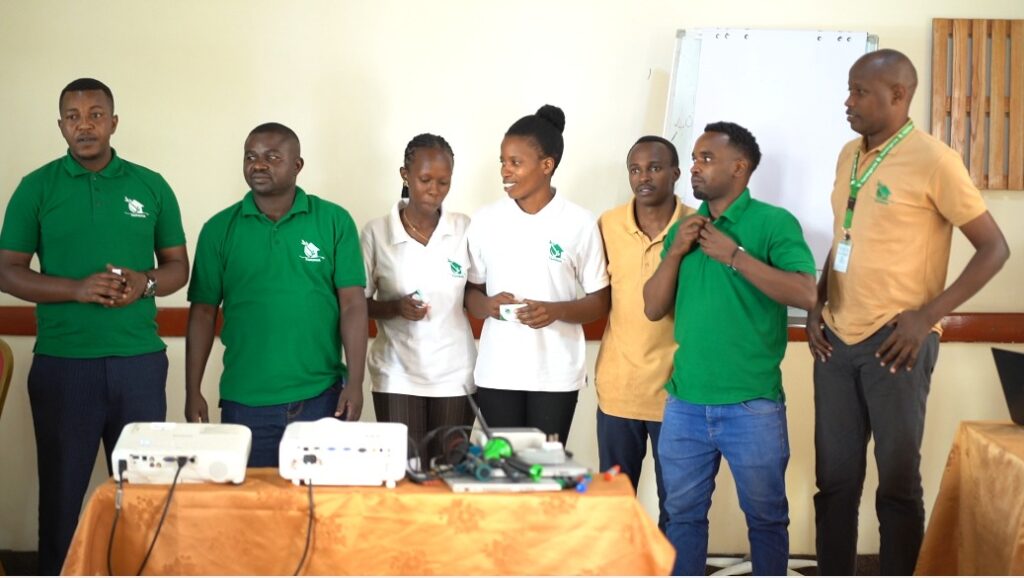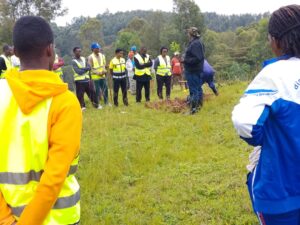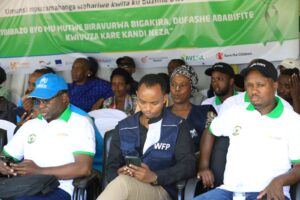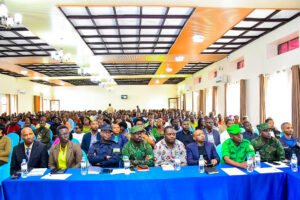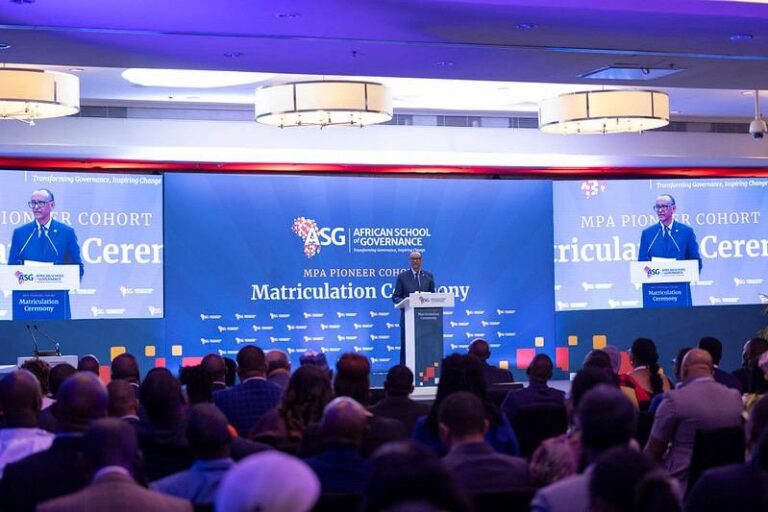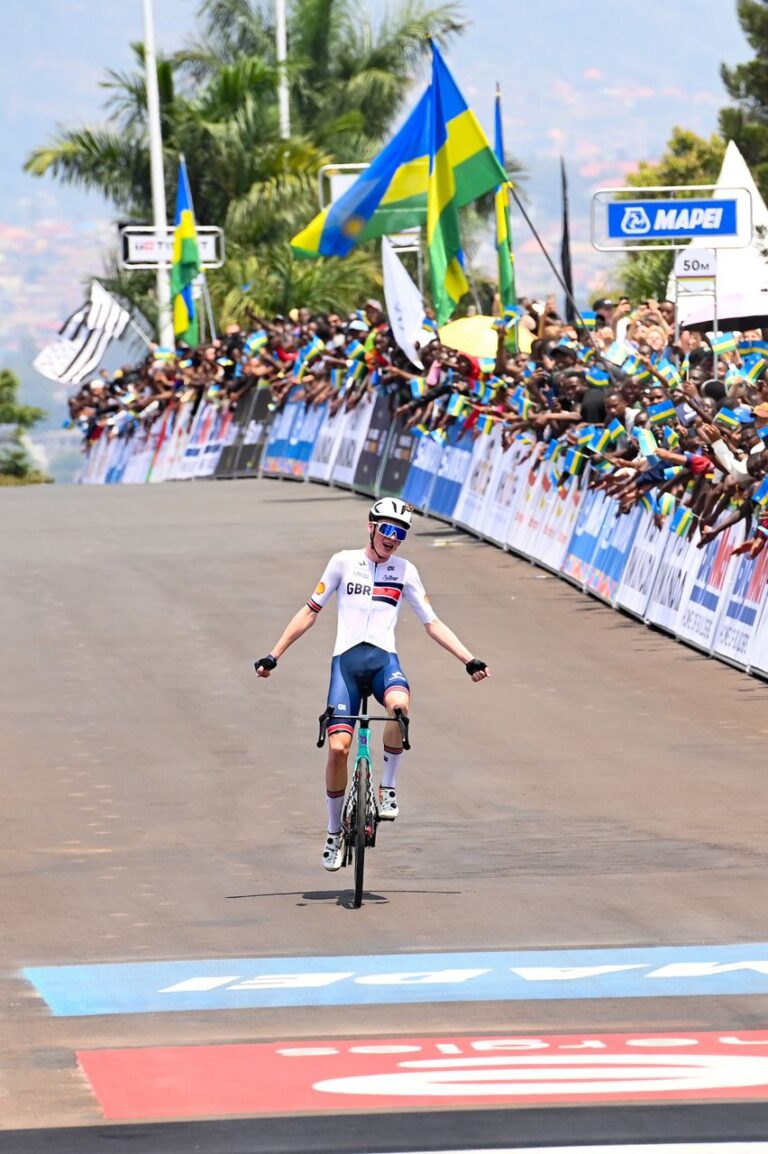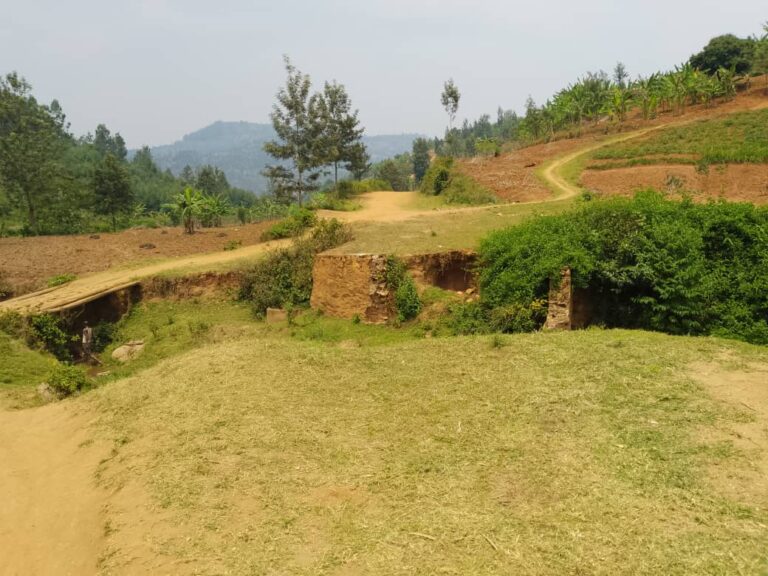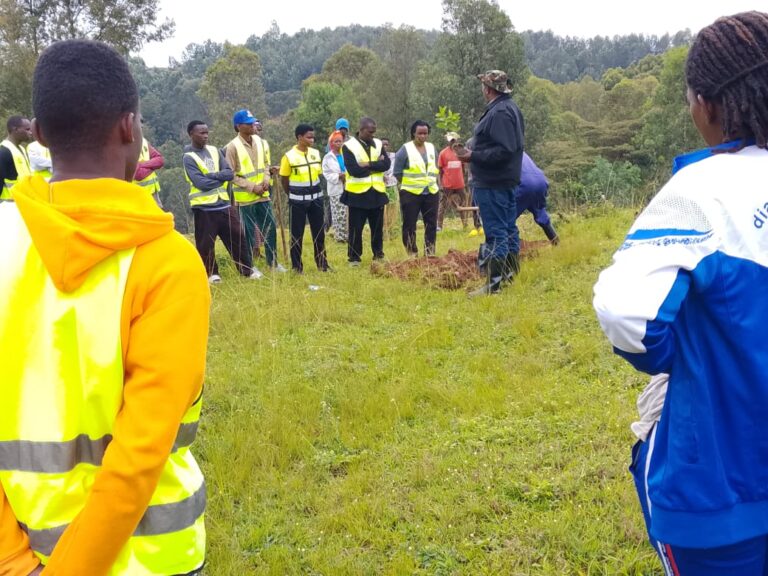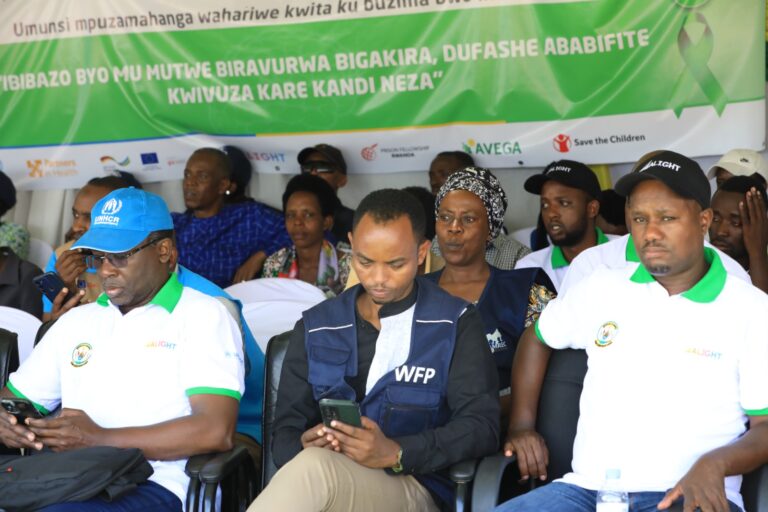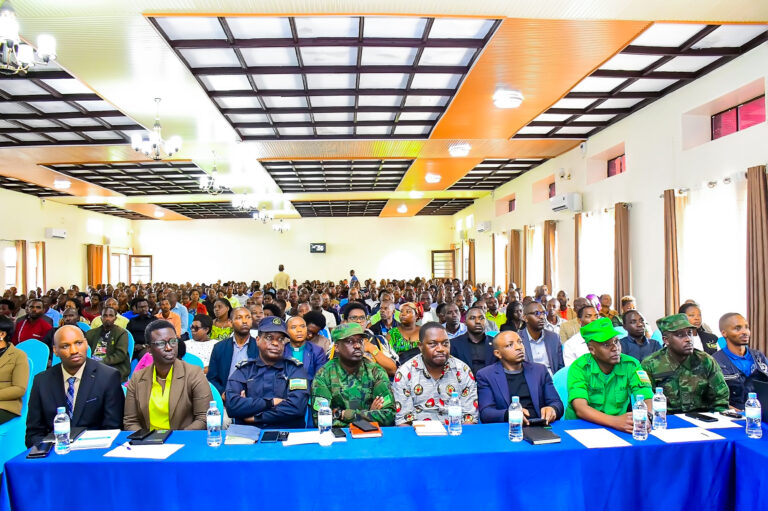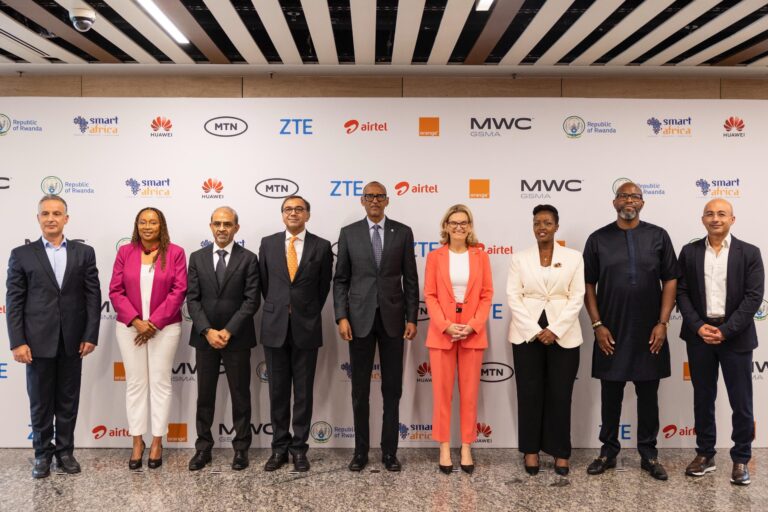Over 30 cooperative leaders and agricultural trainers from Muhanga District have received training on how to apply modern technology in farming, with the aim of increasing productivity and promoting sustainable, smart agriculture.
The one-day workshop, organized by Farminga, focused on the Training of Trainers (ToT) model, equipping participants with skills to support fellow farmers in using Internet of Things (IoT) tools to monitor soil quality and improve crop yields.
Participants were introduced to a range of smart farming technologies, including digital soil testing devices, automated irrigation systems, and climate sensors. These innovations are designed to help farmers make data-driven decisions in an era of unpredictable weather and increasing demand for food.
Oswald Mutagatifu, an agronomist who attended the training, said the session provided valuable knowledge that could transform traditional farming practices in the region.
“Our soil is not poor; the problem lies in how it is used,” he said. “This training showed us how to assess soil needs before planting and helped us better understand how to increase productivity and achieve food security.”
He emphasized the importance of shifting from traditional to technology-based farming, saying that embracing innovation is key to ensuring timely planting and protecting crops from climate-related challenges.
“These tools help us predict rainfall, monitor soil conditions, and plan the best planting times. Every Rwandan farmer should adopt smart agriculture to meet today’s food production needs,” he added.
Mutagatifu also praised Farminga’s soil testing approach, which enables farmers to identify necessary fertilizers and potential crop diseases in advance.
Vincent Niyigaba, from BM Cooperative, described the training as “urgently needed,” noting that agriculture in the area had fallen behind in terms of technological advancement.
“We learned about digital devices like sensors that detect pests, monitor climate patterns, and test soil acidity and nutrient needs. This will help us make better decisions and avoid waste,” he said.
He added that the irrigation tools introduced during the training would improve water efficiency, allowing farmers to know exactly how much water to use and when.
“Technology simplifies farming and boosts productivity. We encourage all farmers to collaborate with Farminga to access these tools and stay updated,” Niyigaba urged.
Jonathan Sunzu, head of agriculture and natural resources in Nyamabuye Sector, said the training was timely and introduced them to new tools that will change how they farm.
“We were shown a machine that tests soil and calculates how much water is needed. Another device mimics rainfall during irrigation without damaging crops. These are the kinds of solutions we need,” he said.
Sunzu added that with three farming seasons in Muhanga—growing crops such as maize, beans, vegetables, and export-bound potatoes and green beans—the training would help improve yields year-round.
“We had gone years without testing our soil. Now we’ll be able to apply the right fertilizers at the right time, including lime or synthetic inputs. This knowledge will help us better manage our land,” he explained.

Jean Claude Akarikumutima, Director of Farminga (standing in front)
Jean Claude Akarikumutima, Director of Farminga, said the training was designed for cooperative leaders so they could later train others in their communities.
“You’ve been trained to train others,” he told participants. “We will provide the necessary tools free of charge to ensure implementation is not delayed due to lack of resources. With support from the District and our team, we are ready to scale this up.”
